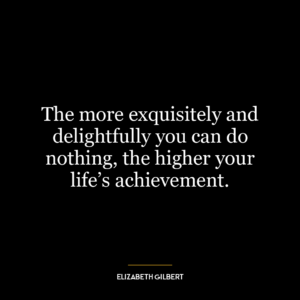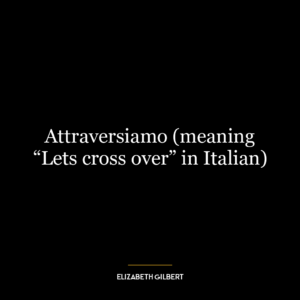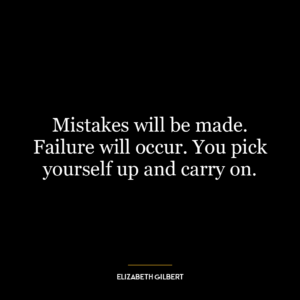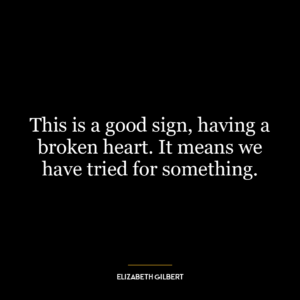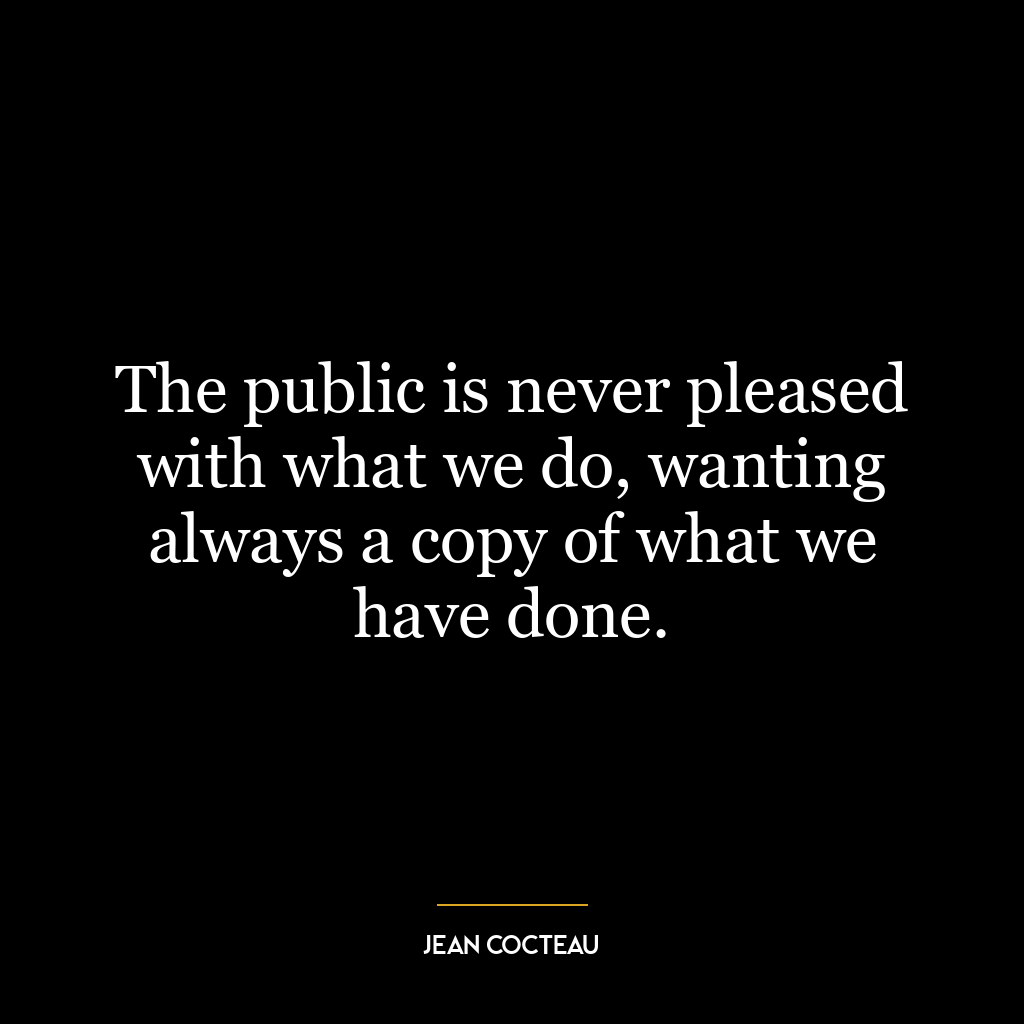You know the old adage: Plant an expectation, reap a disappointment.
“Plant an expectation, reap a disappointment” is a metaphorical saying that uses the imagery of farming to convey a profound life lesson. Just as a farmer plants seeds and expects them to grow into crops, we often plant expectations in our minds and hope for them to come to fruition. However, the saying suggests that this act of planting expectations often leads to disappointment, just as a farmer might be disappointed if his crops fail to grow.
This quote is a reminder of the potential pitfalls of having high expectations. When we set our expectations too high or become too attached to a specific outcome, we set ourselves up for disappointment if reality doesn’t match up to these expectations. It doesn’t mean that we shouldn’t have goals or aspirations, but rather that we should be mindful of the potential for disappointment and be prepared to accept different outcomes.
This concept can be applied in various aspects of today’s world. In relationships, for instance, expecting too much from your partner can lead to disappointment and conflict. In a career context, expecting a promotion or a specific job role without considering the possibility of alternative outcomes can lead to frustration and job dissatisfaction.
In terms of personal development, this adage can guide us to cultivate a more flexible mindset. Instead of rigidly holding onto specific expectations, we can learn to adapt and adjust our expectations based on the changing circumstances. By doing so, we can avoid unnecessary disappointment and instead approach life with a more open and resilient mindset.
This saying is also a call for embracing uncertainty and unpredictability in life. It encourages us to let go of our need for control and to accept that things may not always turn out as we expect. This acceptance can lead to greater resilience, adaptability, and overall emotional well-being. It can also open us up to new possibilities and experiences that we might have missed had we been too focused on our initial expectations.
In summary, while expectations can provide direction and motivation, becoming too attached to them can lead to disappointment. By cultivating an adaptable mindset and embracing uncertainty, we can navigate life’s ups and downs with greater resilience and openness.





